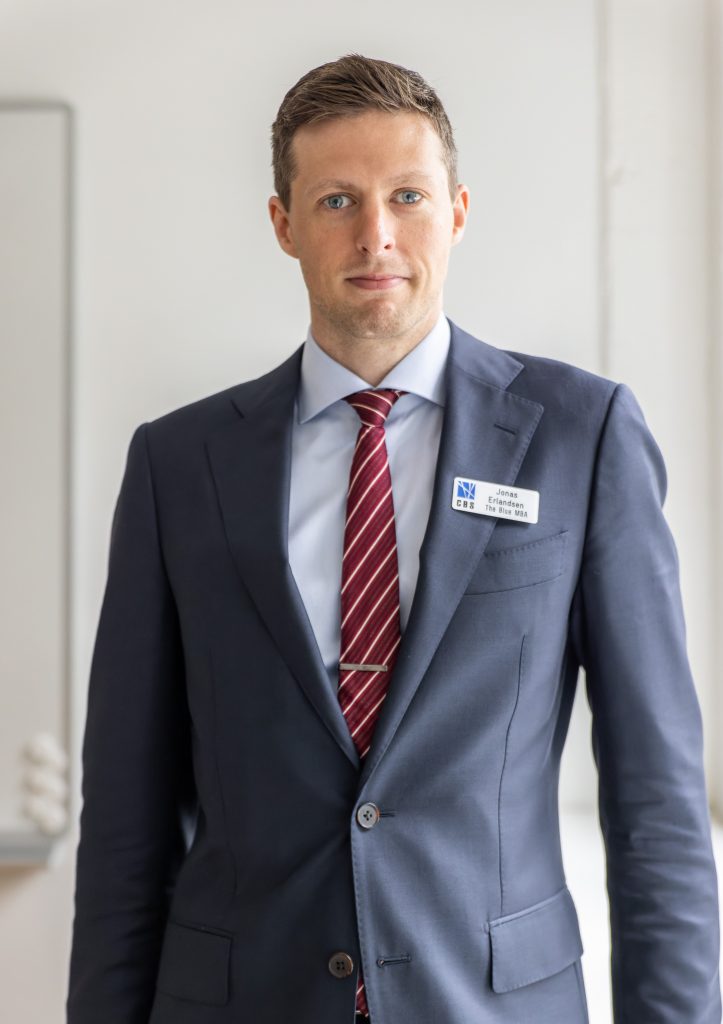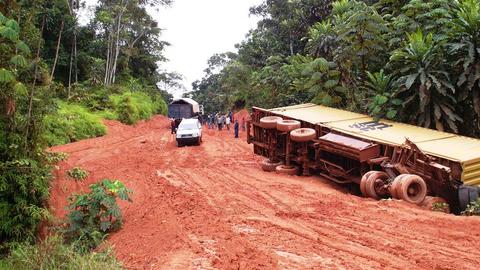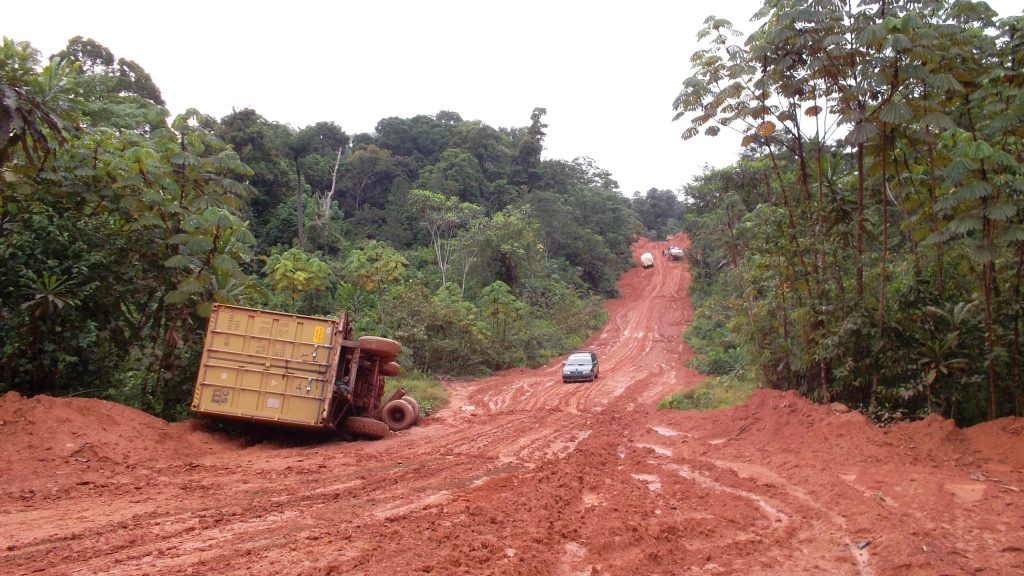The 50 inspiring Champions of the Blue MBA Class of 2023 – Meet Jonas Erlandsen

The Blue MBA: with its pristine reputation there is nothing like it says Class member Jonas Erlandsen
It was the scariest voyage for Jonas Erlandsen and his crew. He held on grimly to the helm of his catamaran as it ploughed through a stormy Caribbean route dubbed by some sailors The Impossible. Huge waves smashed over the deck threatening to capsize their craft. Eventually their skills achieved “the impossible” by way of survival.
The current challenges faced by Mr Erlandsen are of a different nature. He is a member of the Class of 2023 of the Executive MBA in Shipping and Logistics (the Blue MBA) at Copenhagen Business School.

This should be Mission Possible for Mr Erlandsen, given that he is drawing on his wide-ranging experience of managing marine and logistics endeavours in often tricky areas of operation.
With a glowing CV, one might think he has little need to go in for a shipping and logistics MBA.
He explains: “What attracted me the most about the Blue MBA was that there is nothing quite like it out there. I wanted to meet, work with, and learn from the most inspirational people from across the maritime industry.

“The Blue MBA has a pristine reputation and offers a high level of academic and personal development. I am motivated by leading, educating, and developing others. Returning from my rewarding work in Africa, I realised I needed to better my academic edge to ensure my future would contain those drivers and that I would be able to deliver a high level of professionalism.”
Mr Erlandsen has most recently (until October 2021) been marine project manager and regional manager with JGH Group, a Danish-founded and owned business that builds and delivers vessels including ferries for Africa, Latin America and elsewhere. He focused on East and Central Africa, developing business, negotiating contracts, budgeting, working on procurement and on stakeholder relations, in simultaneously ongoing projects.
Earlier, he had four years with another group as operations manager and agency manager in West Africa helping a company go from a 10% market share of port calls to 70%. Expanding activities in Liberia, that business went from 20 to 50 employees, and 80 port calls in 2012 to 200 port calls in 2014. Alongside running the daily operation, he orchestrated the development and construction of new office facilities and an in-house canteen for employees.

The Caribbean drama came during a year and a half as co-owner and skipper of the 45 ft catamaran Durabo, when he set out from Aruba to Santa Marta, Colombia, through a section where the currents collide at the horn of Colombia, creating enormous swells. The forecast had been for a strong breeze, “which is a good scenario considering what is typical of the region. But we headed into a severe gale. We took the helm in one-hour shifts as holding on to the wheel was gruelling even though we were in harness and strapped to the post.
“You were knocked to the floor by waves washing over the deck every two minutes. When in the valley between the swells, our mast would not rise above the wavetop, and every time the wave picked us up, the catamaran was at high risk of capsizing. No one slept that night, and the experience stuck with us forever,” he says.
Logistics in any sub-Saharan African country brings its own set of challenges including running projects to schedule and maintaining efficiency in port calls.
Mr Erlandsen says: “You may only predict that it is unpredictable. Port calls are subject to unreliable berthing schedules, with load and discharge speeds being inconsistent at best. In West Africa, the rainy season can put a stopper to port operations for days, and the berthing line-up is often up for auction with the agents pushing for berthing priority.
“Risk-managing logistics is a hard-learned skill and comes with some unforgettable pitfalls. There are also vast landlocked areas of Africa and solving logistics in many of these areas is much more complicated than in the coastal zones. Infrastructure is often poor or non-existent.
“The same goes for trucking or rail equipment. Bridges, constructions, and powerlines make it impossible to move out-of-gauge cargo (the type that does not fit into standard containers) in most circumstances. The furthest I have moved cargo inland is 2,500km to the interior of the Democratic Republic of Congo – and the truck must return; of course, this comes at a premium if you can even find a trucker who is willing to take the job.
“Once, in Liberia we contracted 15 truckers to drive a route… one showed up.”
Earlier in Liberia, in association with sub-contractors and partners, Mr Erlandsen managed three associated companies: West African Marine Survey, West African Chandlering Services, and West African Stevedoring Services covering container, iron ore, bulk, breakbulk, and out of gauge cargo including heavy lift operations. Separately, he for a time worked for OBT Shipping in Liberia.
Before that, Mr Erlandsen served in the Royal Danish Army, under the Danish contribution to NATO’s peace keeping mission in Kosovo, training personnel for deployment. He took part in the establishment of the NATO Response Force, and for a year was with the Danish communications centre, supervising communication to and from the mission area and contact with mission partners from France, the US, and Morocco. He installed and maintained the internal IT infrastructure.
Returning from Kosovo, he worked with knowledge transfer and training of professional personnel.
He recalls: “I learned a lot about myself in Kosovo. The most important thing I learned is to open your eyes to the world. I came from a very secure and comparatively unhindered childhood and youth in Denmark to a conflict-stricken and dysfunctional country. Seeing the world for what it is, gives a perspective that is hard learned through books. When you live it, your barriers are down and that is why I decided to pursue an international career. And what is more international then Shipping?”

